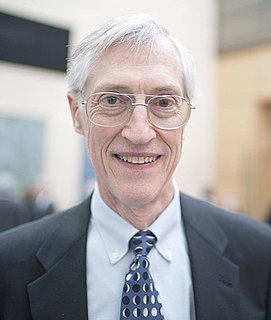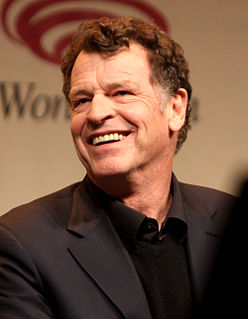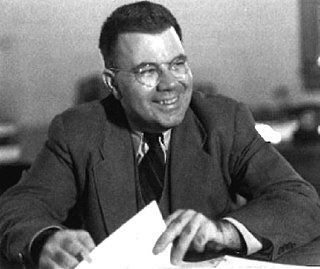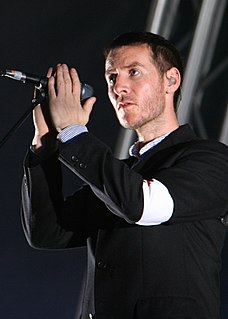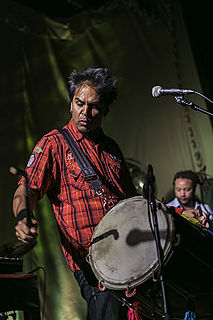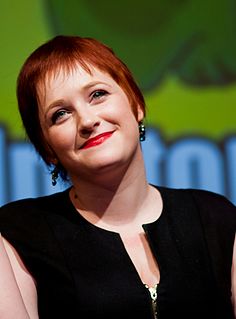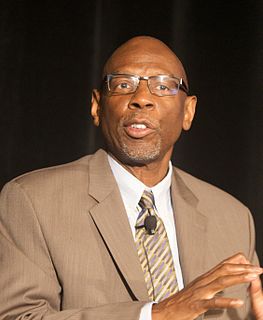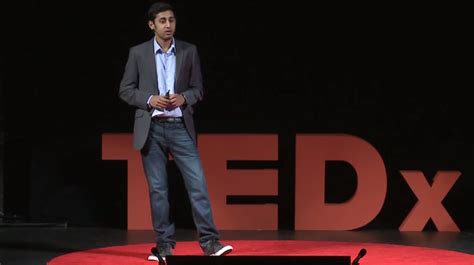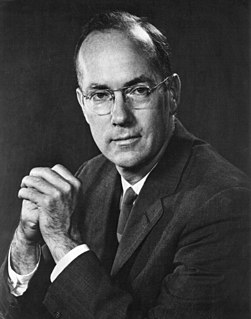Top 1200 Social Science Quotes & Sayings - Page 3
Explore popular Social Science quotes.
Last updated on April 19, 2025.
Science is the key to our future, and if you don’t believe in science, then you’re holding everybody back. And it’s fine if you as an adult want to run around pretending or claiming that you don’t believe in evolution, but if we educate a generation of people who don’t believe in science, that’s a recipe for disaster. We talk about the Internet. That comes from science. Weather forecasting. That comes from science. The main idea in all of biology is evolution. To not teach it to our young people is wrong.
Science fiction - and the correct shortcut is 'sf' - uses actual scientific facts or theories for the source ideas or framework of the story. It has some scientific content, however speculative. If it breaks a law of physics, it knows it's doing so and follows up the consequences. If it invents a society of aliens, it does so with some respect for and knowledge of the social sciences and what you might call social probabilities. And some of it is literarily self-aware enough to treat its metaphors as metaphors.
The confidence in the unlimited power of science is only too often based on a false belief that the scientific method consists in the application of a ready-made technique, or in imitating the form rather than the substance of scientific procedure, as if one needed only to follow some cooking recipes to solve all social problems. It sometimes almost seems as if the techniques of science were more easily learnt than the thinking that shows us what the problems are and how to approach them.
My parents didn't know much science; in fact, they didn't know science at all. But they could recognize a science book when they saw it, and they spent a lot of time at bookstores, combing the remainder tables for science books to buy for me. I had one of the biggest libraries of any kid in school, built on books that cost 50 cents or a dollar.
Because a fact seems strange to you, you conclude that it is not one. ... All science, however, commences by being strange. Science is successive. It goes from one wonder to another. It mounts by a ladder. The science of to-day would seem extravagant to the science of a former time. Ptolemy would believe Newton mad.
The Social Citizen is the best, most thorough, and most methodologically sophisticated treatment of the role of social networks in political behavior that I have ever read. Betsy Sinclair shows just how strongly we are influenced to express ourselves politically by our family, neighbors, and friends. We are on the verge of a sea change in political science, and this will be one of the most important books we refer to when we describe what happened to the discipline in the twenty-first century.
I wasn't looking to be an Indian brass band, but to be a band that reflected my complete identity as an American. The America I was born and raised in intersected with people of all ethnicities and beliefs and that, coupled with my parents' instilling of good values, made me the individual I am now. Within Red Baraat, there are varied musical backgrounds and personalities and that lends itself to many great thoughts and ideas; it's what makes social science, or more precisely, social interaction so interesting to me.
The whole point of science is that most of it is uncertain. That's why science is exciting--because we don't know. Science is all about things we don't understand. The public, of course, imagines science is just a set of facts. But it's not. Science is a process of exploring, which is always partial. We explore, and we find out things that we understand. We find out things we thought we understood were wrong. That's how it makes progress.
While much of modern behavioral and social science treats individuals as autonomous agents, it is absolutely clear that the way we think and act is enormously influenced by the culture in which we live. It also is clear that the major elements of modern culture-science, technology, law, music, and religion-have evolved over time in a quite concrete sense of the term. Mesoudi makes these arguments very well and his book is a very good read.
It is science alone that can solve the problems of hunger and poverty, of insanitation and illiteracy, of superstition and deadening custom and tradition, of vast resources running to waste, or a rich country inhabited by starving people... Who indeed could afford to ignore science today? At every turn we have to seek its aid... The future belongs to science and those who make friends with science.
Science and vision are not opposites or even at odds. They need each other. I sometimes hear other startup folks say something along the lines of: 'If entrepreneurship was a science, then anyone could do it.' I'd like to point out that even science is a science, and still very few people can do it, let alone do it well.
I wanted to be a scientist. My undergraduate degree is in biology, and I really did think I might go off and be some kind of a lady Darwin someplace. It turned out that I'm really awful at science and that I have no gift for actually doing science myself. But I'm very interested in others who practice science and in the stories of science.
I believe it to be of particular importance that the scientist have an articulate and adequate social philosophy, even more important than the average man should have a philosophy. For there are certain aspects of the relation between science and society that the scientist can appreciate better than anyone else, and if he does not insist on this significance no one else will, with the result that the relation of science to society will become warped, to the detriment of everybody.
Another of the qualities of science is that it teaches the value of rational thought, as well as the importance of freedom of thought; the positive results that come from doubting that all the lessons are true... Learn from science that you must doubt the experts. As a matter of fact, I can also define science another way: Science is the belief in the ignorance of experts.
Mathematics has two faces: it is the rigorous science of Euclid, but it is also something else. Mathematics presented in the Euclidean way appears as a systematic, deductive science; but mathematics in the making appears as an experimental, inductive science. Both aspects are as old as the science of mathematics itself.
For one to be free there must be at least two. Freedom signifies a social relation, an asymmetry of social conditions: essentially it implies social difference--it presumes and implies the presence of social division. Some can be free only in so far as there is a form of dependence they can aspire to escape.



